The Weetabix Food Company is reducing its carbon footprint by committing to recyclable packaging, according to the brand’s latest 2022 Sustainability report.
Highlights from the 2022 report include a carbon footprint study of wheat production that estimates that Weetabix wheat is produced with 40% lower emissions than standard production.
The breakfast brand also has the goal of having all of its product packaging be fully recyclable by next month.
As a result of packaging changes, such as the achievement of Weetabix’s Original biscuits’ paper wrap now being recyclable, the company has reduced its carbon footprint by 648.4 tonnes per year.
Additionally, the Weetabix Food Company has saved over 5 million litres of water in a programme to capture and reuse condensate in its manufacturing process.
They have also donated over 3 million breakfasts to FareShare and Magic Breakfast in the past year to ensure healthy breakfasts for those who need them; and secured a new contract to supply its site with 100% renewable generated electricity until October 2025.
Committed to setting out a roadmap that will enable it to produce its first box of zero carbon Weetabix Original, the brand is ensuring its collective of farmers, all located near its Northamptonshire factory, explore the different factors contributing to carbon emissions associated with producing their wheat.
Since it was set up in 2010, the Growers’ Group has involved over 350 local farmers growing approximately 75,000 metric tonnes of wheat each year across more than 4 million acres – equivalent to almost 3,000 football pitches.
Following the success of the first carbon footprint study, Weetabix is repeating the assessment with more farmers over the next several years with the goal to source carbon neutral wheat.
“We’re really proud of the study’s results and the work our Growers’ Group has put into reducing their emissions but we know that this is just the start of what’s required to significantly lower our overall carbon footprint,” director of supply chain and procurement at the Weetabix Food Company, John Petre said.
He added: “We want to get to a place where we can empower customers to use their buying power to choose lower carbon products. All of the work we’re currently doing with our farmers and across the business to reduce our carbon footprint will hopefully lead to producing a zero-carbon box of Weetabix.”

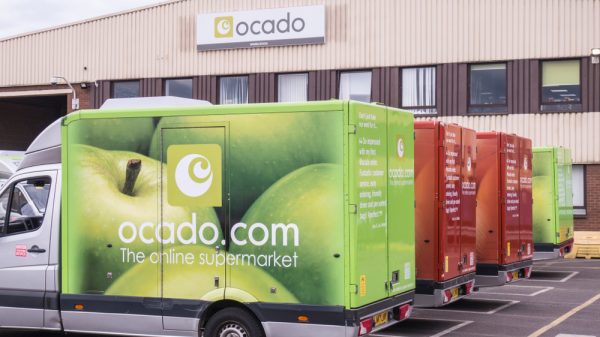
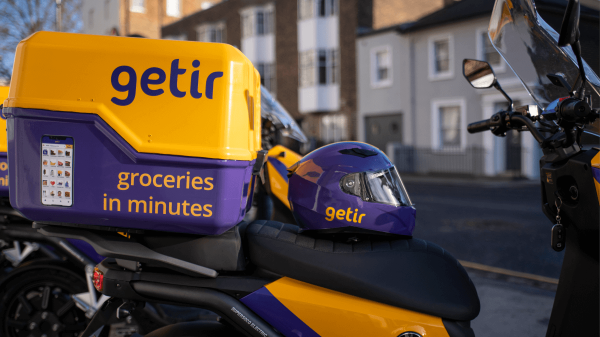

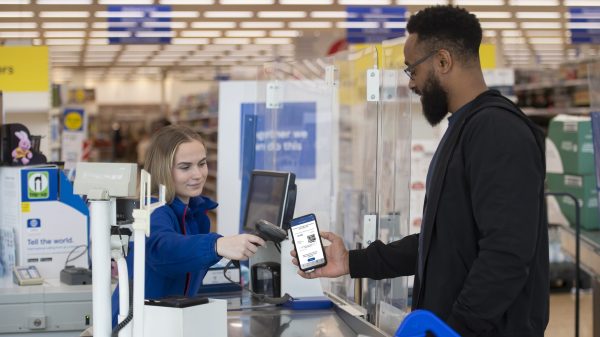
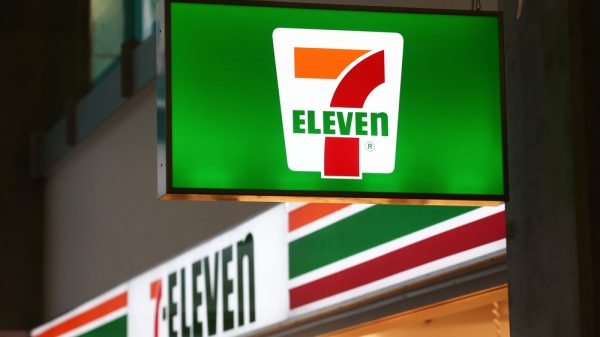
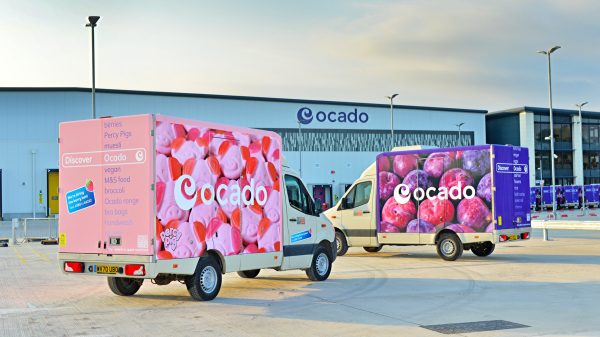
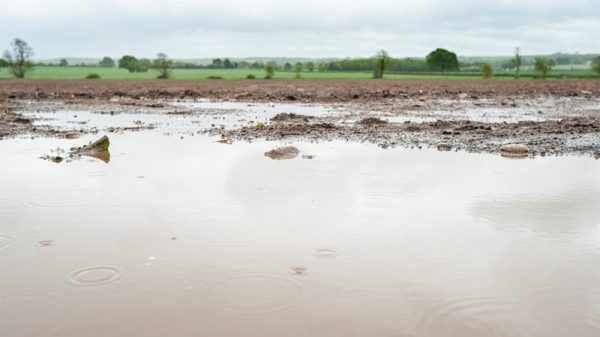
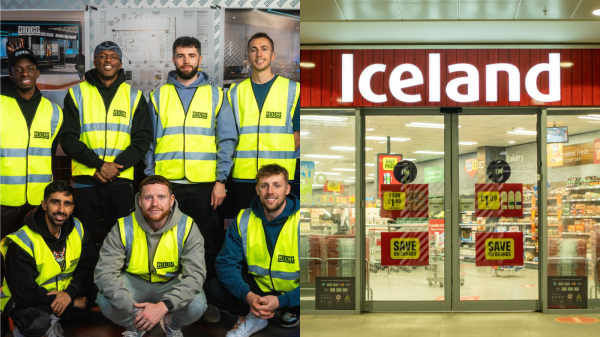

1 Comment. Leave new
Make the packaging cubic shape for minimum surface area for same volume as a rectangular prism. Introduce display cards or stands to give similar marketing as current rectangular prism box but they would be a fraction of the card required compared to having all boxes rectangular shaped.